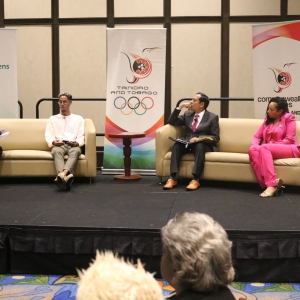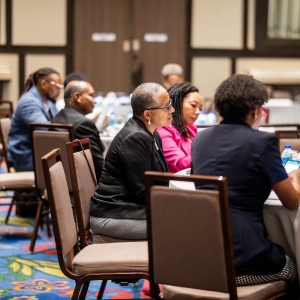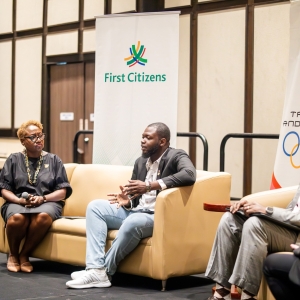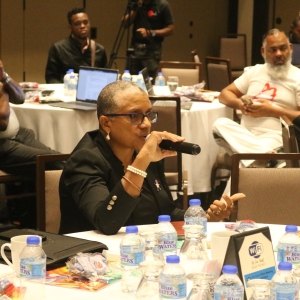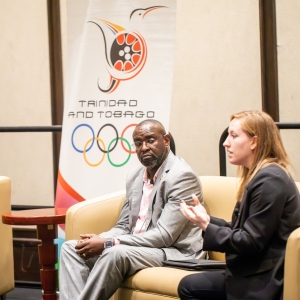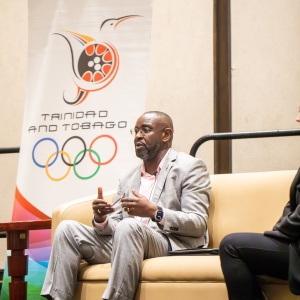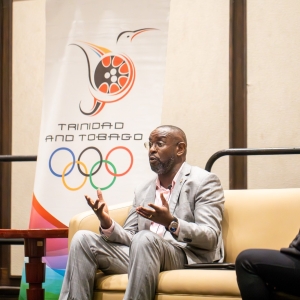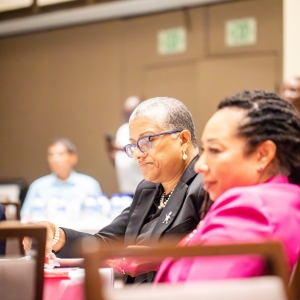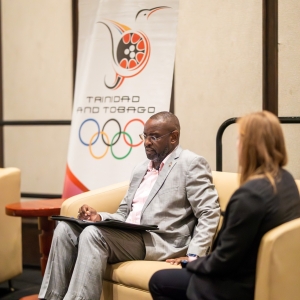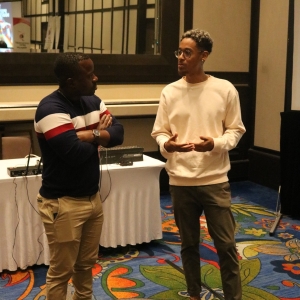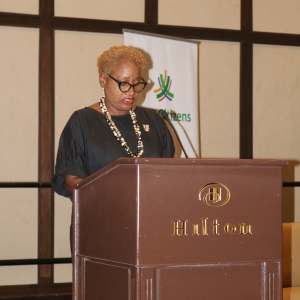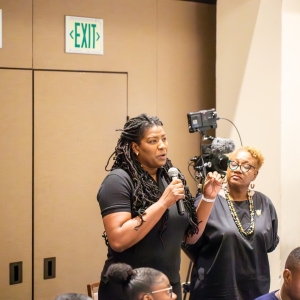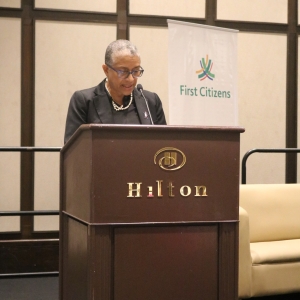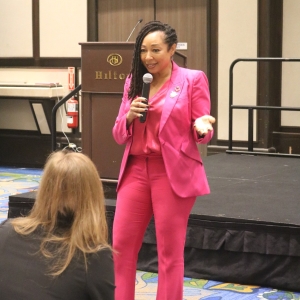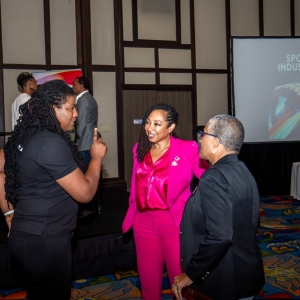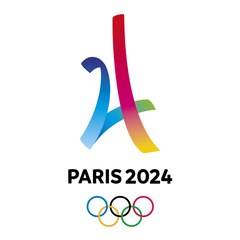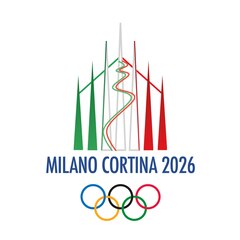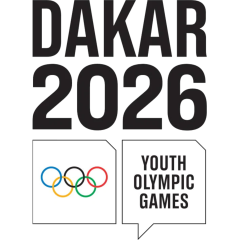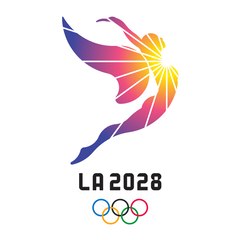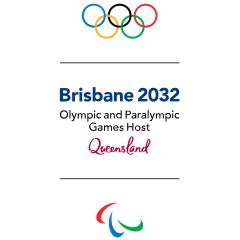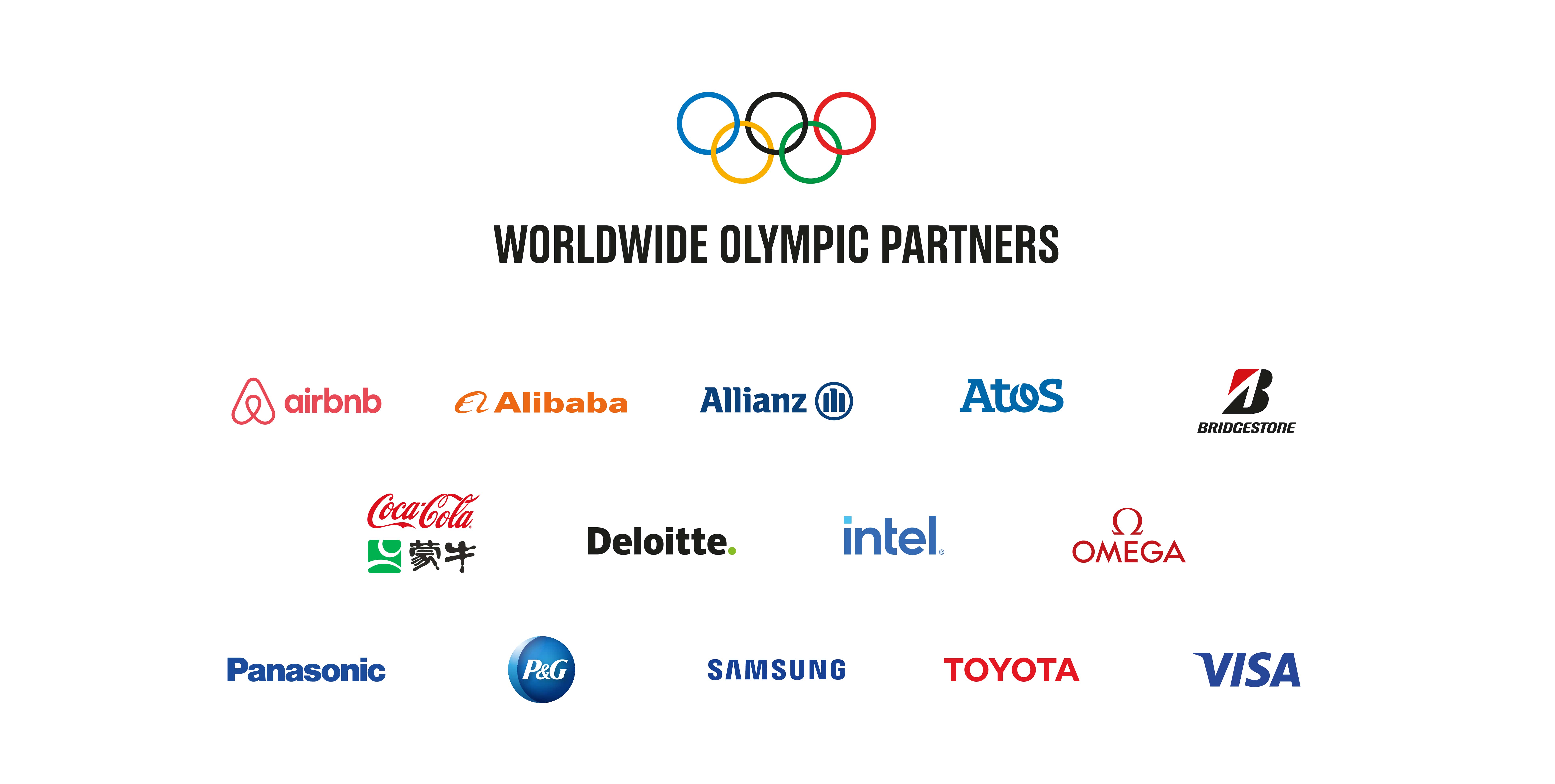The German federal court ruled against Olympic speedskating champion Claudia Pechstein on Tuesday in her long dispute with the sport's governing body over a doping ban.
The ruling also affirmed the role of the Court of Arbitration for Sport (CAS), which could have lost its authority if the decision had gone in Pechstein's favor.
A visibly distressed Pechstein left the courtroom without comment but her lawyer said they would appeal to Germany's constitutional court.
The International Skating Union (ISU) banned Pechstein in 2009 for two years on the basis of suspicious blood tests. She never failed a drug test and has insisted she has an inherited blood condition.
The ruling by Germany's highest civil court (BGH) in Karlsruhe prevents her from seeking compensation from the ISU.
The federal court was acting on an appeal by the ISU against a Munich court's decision that she had the right to go to a German court and not only to CAS.
"We are deeply disappointed. It wasn't the last word," Pechstein's lawyer, Thomas Summerer, said.
One central issue of the case was whether she was forced to give up her legal rights by signing an agreement that made CAS the sole court of arbitration.
Pechstein, a five-time Olympic gold medalist, argued that the ISU abused its monopoly to enforce a legal requirement that favors the sports associations over athletes.
The BGH said that even though ISU was a monopoly, the way CAS was set up meant that athletes get a fair hearing, especially as they can appeal to the Swiss courts.
The ruling said Pechstein has no right to seek redress from German courts.
"The plaintiff signed the arbitration agreement of her own free will. The fact that she was required by others to do so, or else she wouldn't have been able to compete, doesn't invalidate the agreement," the court said in its ruling.
The core of Pechstein's case was that CAS was biased in favor of sports authorities such as the International Olympic Committee and governing bodies, and against athletes and individuals who are obliged to respect the court's authority.
Pechstein, now 44 and still competing, could challenge her doping ban only at CAS. She also lost a subsequent appeal at Switzerland's supreme court, which can overturn CAS verdicts if legal process was abused.
The BGH said CAS was a "real" arbitration tribunal that provides advantages not only for federations but also for athletes through "uniform standards and speedy decisions."

